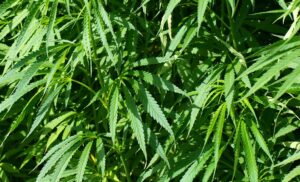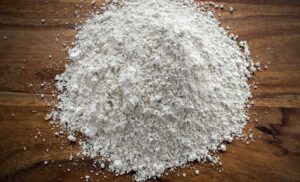
What is raw honey? It’s a pure, unfiltered and unpasteurized sweetener made by bees from the nectar of flowers. Most of the honey consumed today is processed honey that’s been heated and filtered since it was gathered from the hive. Unlike processed honey, raw honey does not get robbed of its incredible nutritional value and health powers. It is believed that the processing and pasteurization that regular honey undergoes diminishes many of the beneficial elements. Thus, it is believed that because of this, raw honey provides more health benefits than pasteurized/ processed honey.
Processed honey undergoes a pasteurization process. This means manufacturers have heated it to reduce the moisture content, delays crystallization, and destroys yeast cells, enhances shelf life, and make it look more transparent and attractive. However, pasteurization may adversely affect the number of nutrients in the honey. It is pretty safe to assume that any ultra-filtered honey on store shelves is Chinese honey and it’s even safer to assume that it entered the country un-inspected and in violation of federal law.
Research of historical evidence estimates that humans have used honey for over 8,000 years. During ancient times, people would have used raw honey, but today, most people use pasteurized honey.
Raw Honey naturally offers the following healthful properties: antibacterial action, wound-healing effects, dietary anti-oxidants, anti-inflammatory effects and help with combating allergies.
Raw honey also contains bee pollen and bee propolis, which is a sticky, glue-like substance bees use to hold their hive together. Processed honey may not contain the same levels of bee propolis and bee pollen as raw honey. Raw honey naturally contains small amounts of the following vitamins and minerals: niacin, riboflavin, pantothenic acid, calcium, magnesium, manganese, potassium, phosphorous and zinc.
Another benefit is to those people with Diabetes. People who have diabetes or who are on sugar-restricted diets may choose to eat honey in moderation to avoid significant changes in their blood sugar levels. Pure honey has a glycemic index (GI) of 58, meaning it has a medium effect on blood sugar levels.
A great fact is that raw honey doesn’t expire. In fact, The National Honey Board says that honey can remain stable for centuries if kept in closed containers. While natural honey will undergo normal processes like crystallization, that doesn’t mean it’s gone bad!
Because raw honey is completely natural, it contains normal amounts of glucose, fructose and pollen. This means that your honey will undergo a natural process called crystallization. You can see this happening as your honey develops white flecks in it or begins to turn solid. At this point, to enjoy your honey in a drizzling, smooth state, place your bottle of honey in bowl of warm water for about an hour.
In the end, raw honey can be beneficial to our health and environment if consumed in moderation and properly harvested by mindful beekeepers. It all depends on its source and how it is used. Raw honey can be a healthier and potentially beneficial replacement for refined sugar in your diet. Enjoy!!!!
“LET US BE YOUR DOORWAY TO HEALTH”


